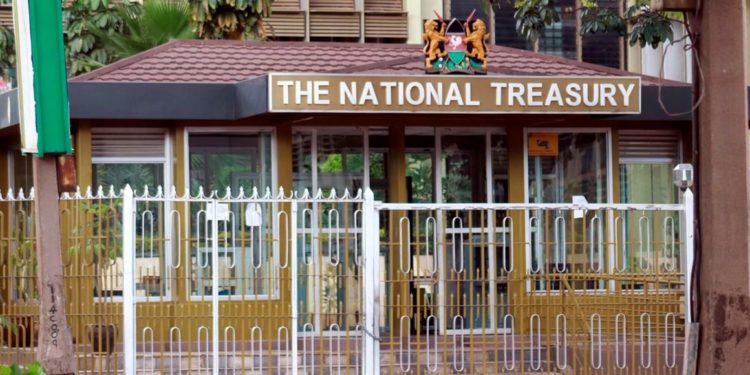Financial institutions have raised fears over delayed payment of March salaries by the government. This is because, most of the civil servants will not be able to meet their financial obligations in due time.
Lending institutions will thus be forced to roll over repayments and slap borrowers with higher interest meaning it will be very tough even when they eventually get their pay.
Check-off personal loans to key institutional employees including teachers, security agencies and other State corporations who borrow against the strength of their pay slips and are perceived to be less risky have been popular with banks.
Read: Treasury Given Powers to Privatize Public-Owned Enterprises
Civil servants also have access to personal loans, auto loans, mortgages and other types of financial products. Loan defaults increased for the fifth consecutive month to hit a record Kshs 496.6 billion in January 2023, amid a stressed economy that has made it harder for individuals and businesses to service their loans.
Data from the Central Bank of Kenya (CBK) show that non-performing loans have been on the rise since December last year when they stood at Kshs 487.7 billion.
Read: KRA Set to Miss its Target of Kshs2.1trillion this Financial Year
Banks have been facing ever-rising loan defaults, after the onset of Covid-19 in March 2020, which affected millions of households as their incomes dropped and businesses ground to a halt.
The latest data from CBK shows that 14 percent of all loans were defaulted by end of February, the sharpest 12-month increase over a year. The situation is projected to worsen as the government has confirmed difficulties in payment of civil servants’ salaries.
Email your news TIPS to editor@thesharpdaily.com
















